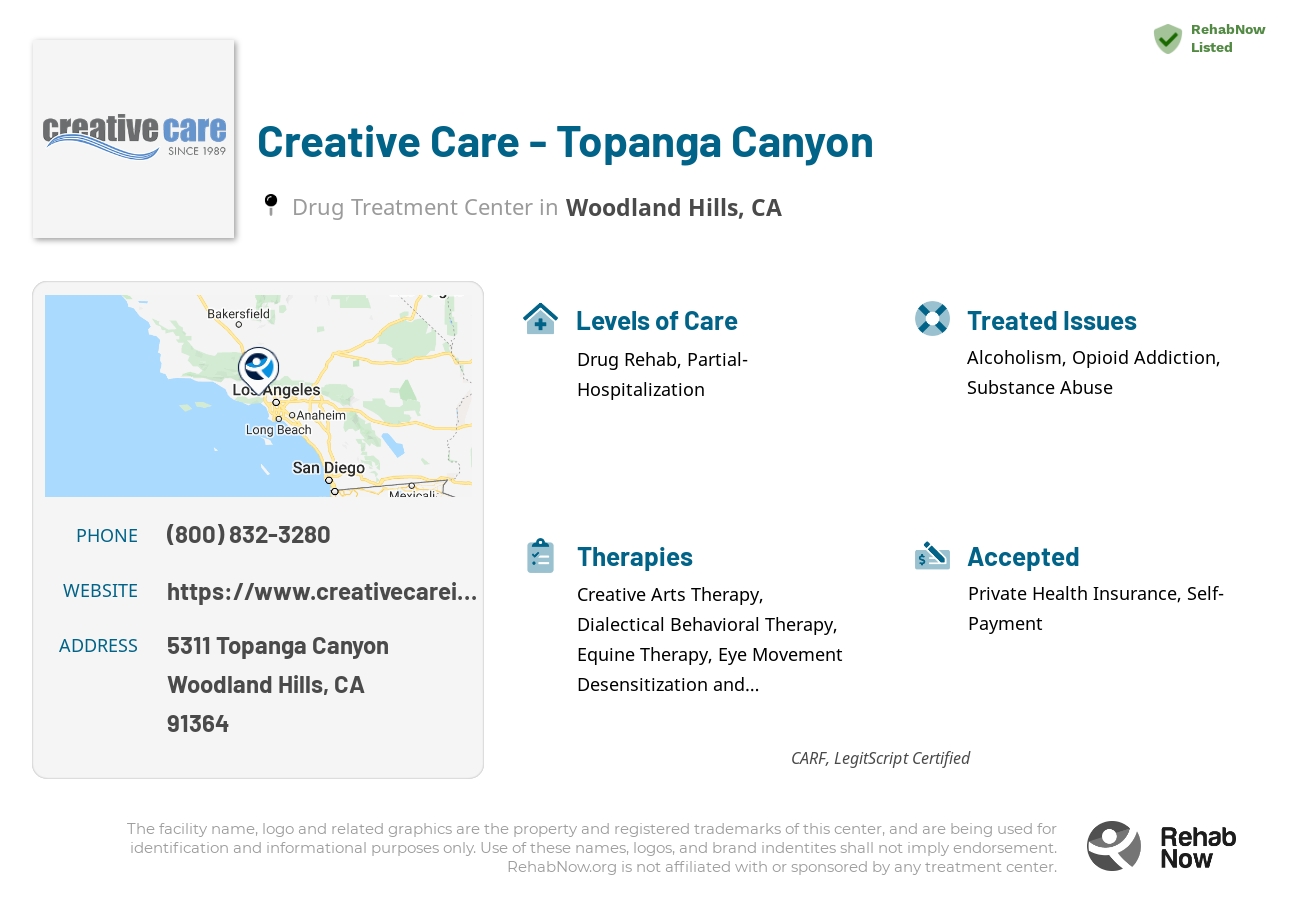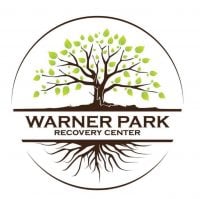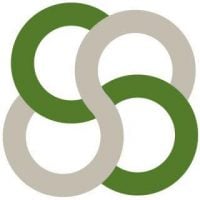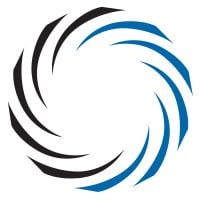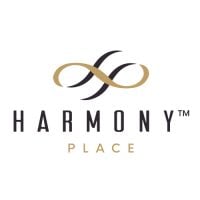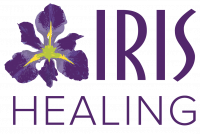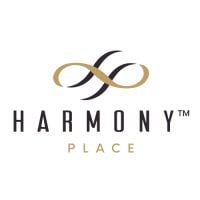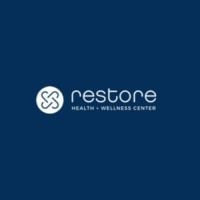Creative Care - Topanga Canyon
Drug Rehab Center in Woodland Hills, California
Creative Care - Topanga Canyon is an accredited addiction treatment facility located in Woodland Hills, CA, offering dual diagnosis care and evidence-based drug rehab services, including partial-hospitalization programs, to individuals suffering from alcoholism, opioid addiction, substance abuse and other related disorders – all of which are covered by most private health insurance policies.
About
Creative Care - Topanga Canyon is nestled in the serene settings of Woodland Hills, California, focusing on alcohol and drug rehab services alongside dual diagnosis treatment for adults. This facility stands out for its personalized approach to treatment, offering both residential programs and a partial hospitalization program (PHP) tailored to address the unique challenges and recovery goals of each client. The environment is designed to be safe and supportive, aiming to foster a healthy recovery process.
- Personalized Treatment Plans: Each client receives a tailored treatment plan, ensuring their specific recovery needs and goals are comprehensively addressed.
- Range of Therapeutic Services: From individual counseling and process groups to psychoeducational and skills classes, clients are equipped with the knowledge and tools for sustainable recovery.
- Accepts Most Insurance Plans: Creative Care - Topanga Canyon works with a variety of insurance providers including United Healthcare and Blue Cross Blue Shield, making treatment accessible to more individuals.
Accredited by the National Association of Addiction Treatment Providers (NAATP), the Commission on Accreditation of Rehabilitation Facilities (CARF), and LegitScript, Creative Care - Topanga Canyon portrays an unwavering commitment to maintaining high standards of care and professionalism in addiction treatment. These accreditations echo the facility's dedication to excellence and their holistic approach to recovery, blending evidence-based therapy with innovative coping strategies.
The center specializes in addressing a spectrum of addictions and dual diagnosis issues, focusing on alcoholism, opioid addiction, substance abuse, and drug addiction. Through a combination of drug rehab, partial hospitalization, individual and group therapy, psychoeducation, and relapse prevention, clients are guided towards reclaiming their lives from addiction, supported by a foundation of evidence-based and cutting-edge therapeutic methods.
Genders
Ages
Modality
Additional
Accreditations
NAATP

LegitScript

CARF
The Commission on Accreditation of Rehabilitation Facilities (CARF) is a non-profit organization that specifically accredits rehab organizations. Founded in 1966, CARF's, mission is to help service providers like rehab facilities maintain high standards of care.
Conditions and Issues Treated
Recovering from substance abuse is an essential part of a healthy life for many people. It’s a long and challenging process, but it can be worth it in the end if you manage to get through all parts. Detoxifying your body, rehabilitation after that time passes or when needed (depending on what type), and then recovery while also receiving therapy support throughout this entire process.
A standard route to starting recovering from substance abuse and addiction is through a detoxification center. There you can completely heal your body and mind and continue on the path of recovery without feeling any of the lingering effects of substances.
Within the past decade, opioid addiction has become a nationwide epidemic. The United States hosts one of the world’s highest rates of opioid use or abuse and has one of the highest rates of opioid-related deaths. In the United States, opioid drugs are classified as Schedule II-IV controlled substances due to their highly addictive properties and potential for abuse. These include morphine, opium, heroin, oxycodone, hydrocodone, methadone, and fentanyl. Physicians usually prescribe opioids to help control pain.
Over time, opioid users develop a tolerance for the drugs, which makes it difficult, if not impossible, to function without them. In turn, opioid users often resort to illicit means of obtaining the drugs. These means can include drug dealers, friends, and family members who do not have legitimate prescriptions for the drugs. Opioid addiction can quickly lead to heroin use, especially those seeking more intense highs than prescription opioids offer. Due to the high risk of overdose, heroin users are at a much higher risk for illness and death.
Levels of Care Offered
This center offers a variety of custom treatment tailored to individual recovery. Currently available are Drug Rehab, Partial-Hospitalization, with additional therapies available as listed below.
This type of addiction treatment is available at Creative Care - Topanga Canyon for people who need more time and attention than an outpatient program can provide. This type of program is beneficial for people who have low motivation due to addiction, or have a lack of support at home which prohibits them from being able to attend a traditional addiction recovery program.
PHP is beneficial to:
- Individuals who have very low motivation to recover from addiction as a result of the severe consequences they are facing as a result of their drug or alcohol use.
- People with a mental health diagnosis combined with addiction.
- People who need to be closely monitored due to the fact that they are not able to function well enough on their own.
- People who do not have strong social support or other treatment options available to them at home such as family or individual therapy.
Therapies & Programs
Individualized Treatment is essential because it gives addicts the ability to participate in a program that meets their unique needs. An addict should work with professionals who understand what they’re going through, especially if the addict is actively using. Finding the right treatment program for an addict is difficult, but it’s even harder without communicating with those who have experience treating your specific situation.
The therapies typically involve all family members, potentially including siblings, children, and parents who play a role in their daily lives. These sessions can be essential because they address past issues that may have affected an addict or alcoholic’s recovery process. They provide support during this time when it is needed most!
A family therapy session, often called a family meeting or intervention, is a necessary process that helps loved ones of addicts see their situation in a new light. It’s also one of the most challenging things families will ever have to do when they’re facing a loved one battling addiction or alcoholism.
Group therapy sessions provide recovering addicts with a chance to cope with everyday situations that many face. Group therapy sessions are held in rehab facilities, clinics, churches or community centers that offer drug addiction treatment.
People who attend these groups are encouraged to voice their feelings and support other addicts in recovery. This helps group members strengthen their own recovery program while cheering on others who are struggling with sobriety.
Trauma therapy allows them to work through past trauma to have peace of mind and begin down the road of sobriety. The therapist will work with the individual to help them understand their past and present relationships. Patients may often believe that something is inherently wrong with them or they are unworthy of love. The therapist aims to correct these negative feelings and behaviors by helping the person realize that their actions do not reflect who they truly are.
Dialectical behavior therapy, or DBT, is one form of cognitive behavioral treatment. This type of therapy typically involves both individual and group sessions with a therapist on a regular basis.
It uses concepts like mindfulness training to help addicts learn how to identify their thoughts, feelings, behaviors and the experiences that trigger them so they can avoid relapse. DBT also teaches addicts how to regulate their emotions, which can make it easier for them to avoid or overcome negative thoughts and cravings.
Cognitive Behavioral Therapy (CBT) is a highly effective treatment option based on the idea that how we feel, think and act all interact together. Our thoughts determine our feelings and behaviors; our feelings affect our thoughts, and our behaviors change our thoughts and feelings. CBT helps people explore their thoughts for problems (or false beliefs) that influence their mood and actions. By examining their thoughts and beliefs, people can recognize distorted or irrational and modify them to more realistic, positive ones. CBT is very goal-oriented, which means that the therapist and patient work together on a specific problem while learning to become more adept at solving future problems.
CBT works well with a broad range of people, including those with depression, anxiety disorders, eating disorders, and problems with anger. In addition to helping a client focus on thoughts that can be changed, CBT also allows them to take an active role in their treatment. This is called a collaborative approach because both patient and therapist work together to produce the best possible results.
CBT is based on cognitive learning theory, which says that our behavior is a learned response to our environment. Cognitive refers to thoughts and beliefs, while behavioral relates to actions or deeds. CBT helps people learn ways of behaving to improve their quality of life by focusing on specific problems or goals they want to achieve. Sometimes, CBT is used alone; other times, it is combined with medications or brief counseling techniques such as solution-focused and motivational interviewing to achieve optimal results for the patient.
Eye Movement Desensitization and Reprocessing (EMDR) therapy is different from the traditional treatment that helps patients recover from substance abuse. This therapy, offered by Creative Care - Topanga Canyon, helps patients reduce the impact of traumatic memories on emotions. It does this by having them follow a bar of light or watch their therapist’s finger move back and forth, which mimics the eye movements of REM sleep. This reduces the negative feelings associated with such memories and promotes calmness and relaxation.
EMDR therapy is combined with behavioral therapies to address the root cause of substance abuse. This reduces the chances of relapse at a later stage.
Patient Experience
Creative Arts
Creative arts therapy is not a new form of therapy. It has been practiced for over 100 years, using art as its main form of therapy. Initially used for children, over the past few decades it has been recognized as an effective treatment option for adults too. It is now practiced in psychiatric hospitals and drug rehabilitation centers worldwide.
Creative arts therapy may include painting, drawing, writing poetry or song lyrics to express oneself where words would fail to capture the true feeling. It is an outlet for personal expression in a safe environment without fear of judgment. Weaker outlets, such as writing poetry or song lyrics, may be used to explore emotions that are difficult to tackle head on in other ways. The creative process allows the patient to connect feelings and thoughts together which helps to balance their mental state.
Equine Therapy at Creative Care - Topanga Canyon in California
One of the most unique benefits of addiction treatment services is equine therapy at a specialized rehab center. Recovery from an addiction can be challenging, and it is often difficult for recovering addicts to reach out and connect with others. It takes great courage and strength to admit that one has a problem and to seek help.
Equine therapy is a non-traditional treatment modality that helps addicts overcome barriers and offers benefits such as:
- Provides support in a unique way while increasing positive self-esteem
- Reduces feelings of isolation by forcing individuals to get out into the community and reach out to others
- Offers a low-stress, nonthreatening environment in which addicts can connect with other people and animals
- Allows recovering addicts to reach out to horses and build trust with them organically to help treat underlying psychological disorders.
Payment Options Accepted
For specific insurance or payment methods please contact us.
Is your insurance accepted?
Ask an expert, call (888) 674-0062
Creative Care Associated Centers
Discover treatment facilities under the same provider.
Learn More About Creative Care Centers
Additional Details
Specifics, location, and helpful extra information.
Woodland Hills, California 91364 Phone Number(800) 832-3280 Meta DetailsUpdated April 15, 2024
Staff Verified
Is Creative Care – Topanga Canyon a LegitScript Verified Treatment Facility?
According to our most recent records, we have found this center to be LegitScript verified.
Patient Reviews
There are no reviews yet. Be the first one to write one.
Woodland Hills, California Addiction Information
More than 3 million of California's citizens are addicted to illegal drugs. Almost 800,000 people use hard drugs, almost 5 million use marijuana, and another 2.1 million abuse alcohol every year. Other substance abuse issues such as binge drinking and teen drug use are also common. Many illegal drugs such as cocaine, heroin, methamphetamine, and marijuana are smuggled into the state from Mexico.
The drug addiction problem in Woodland Hills, California, is quite serious. In 2012, there were 9,000 drug overdose deaths, and that number has likely increased in recent years. Additionally, around 11% of residents report using an illicit drug. The drug treatment program in Woodland Hills, CA, is very comprehensive. The program is designed to help you overcome your addiction and regain control of your life involving individual and group counseling.
Treatment in Nearby Cities
- Lompoc, CA (110.6 mi.)
- Lake Forest, CA (63.9 mi.)
- Rancho Cucamonga, CA (58.2 mi.)
- Morgan Hill, CA (267.1 mi.)
- Scotts Valley, CA (276.6 mi.)
Centers near Creative Care - Topanga Canyon
The facility name, logo and brand are the property and registered trademarks of Creative Care - Topanga Canyon, and are being used for identification and informational purposes only. Use of these names, logos and brands shall not imply endorsement. RehabNow.org is not affiliated with or sponsored by Creative Care - Topanga Canyon.




